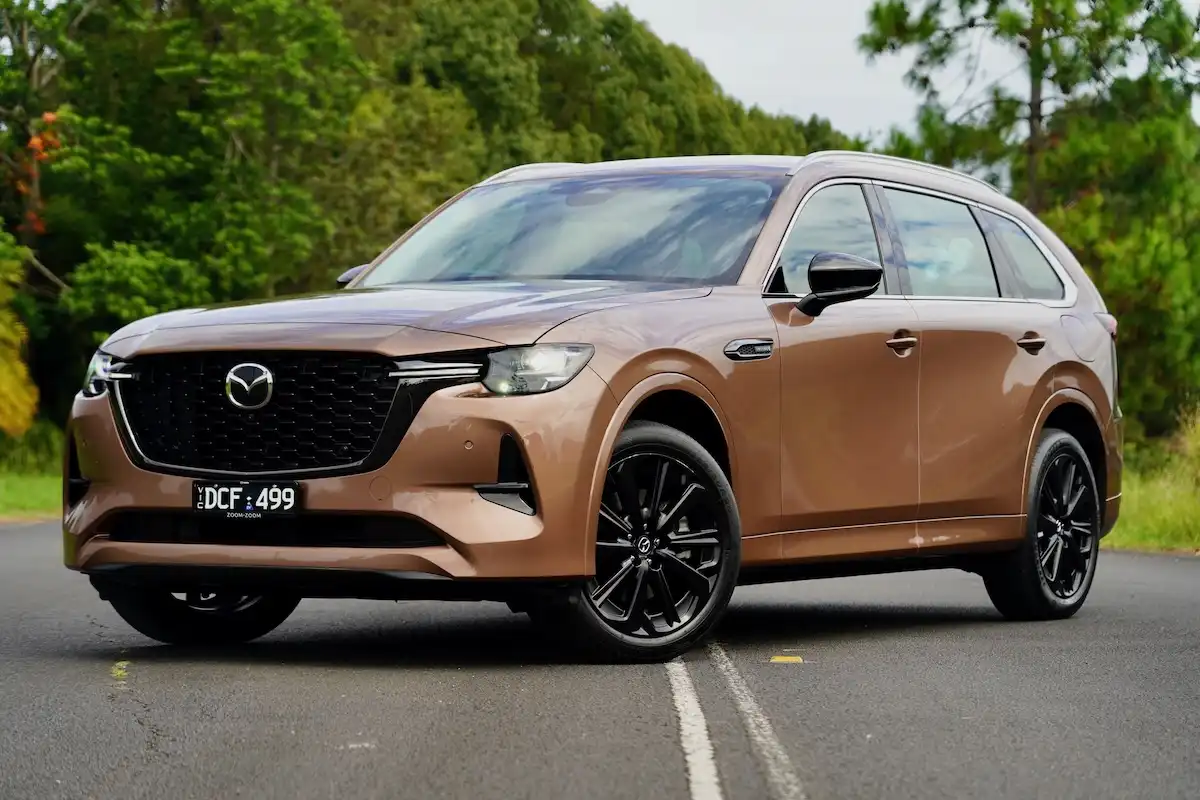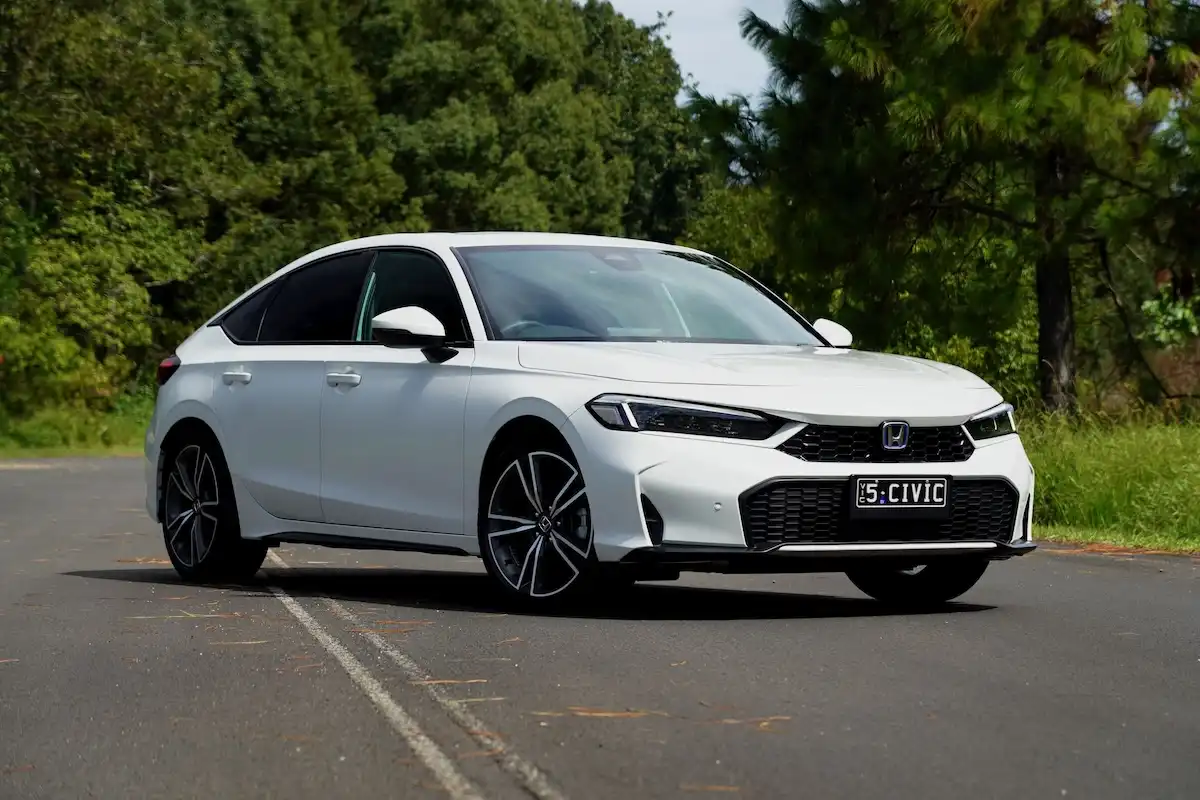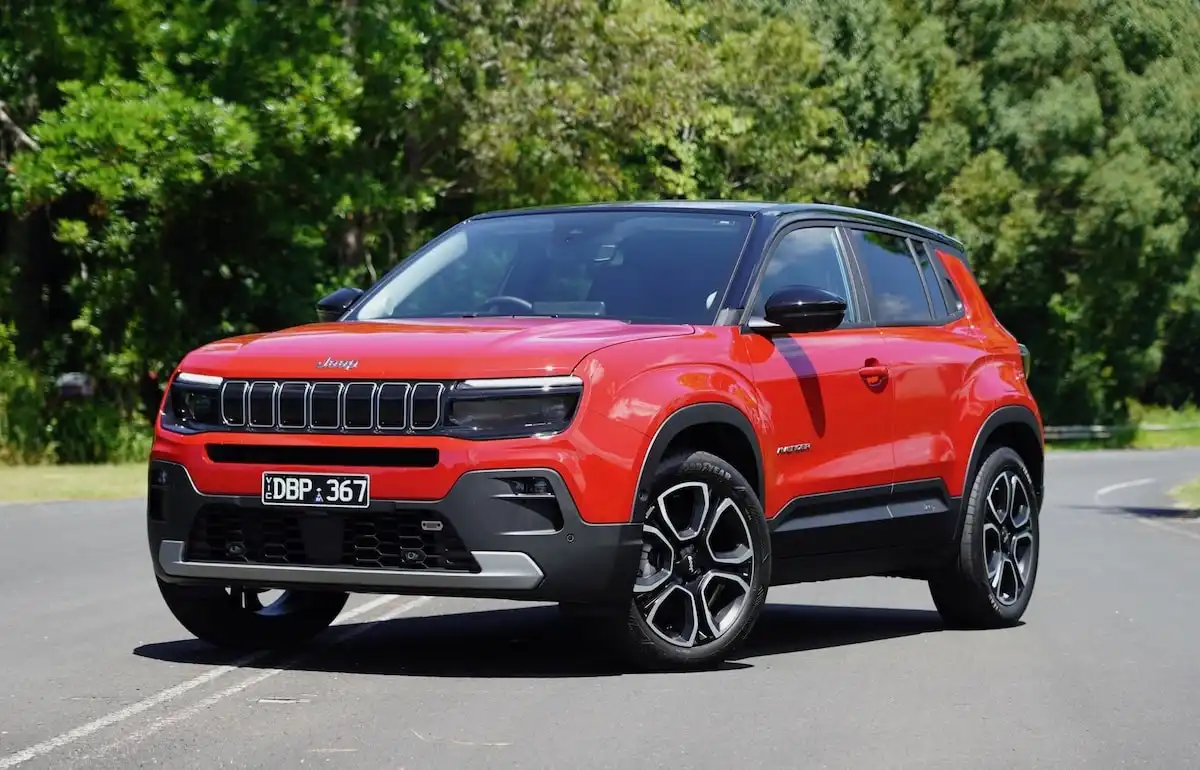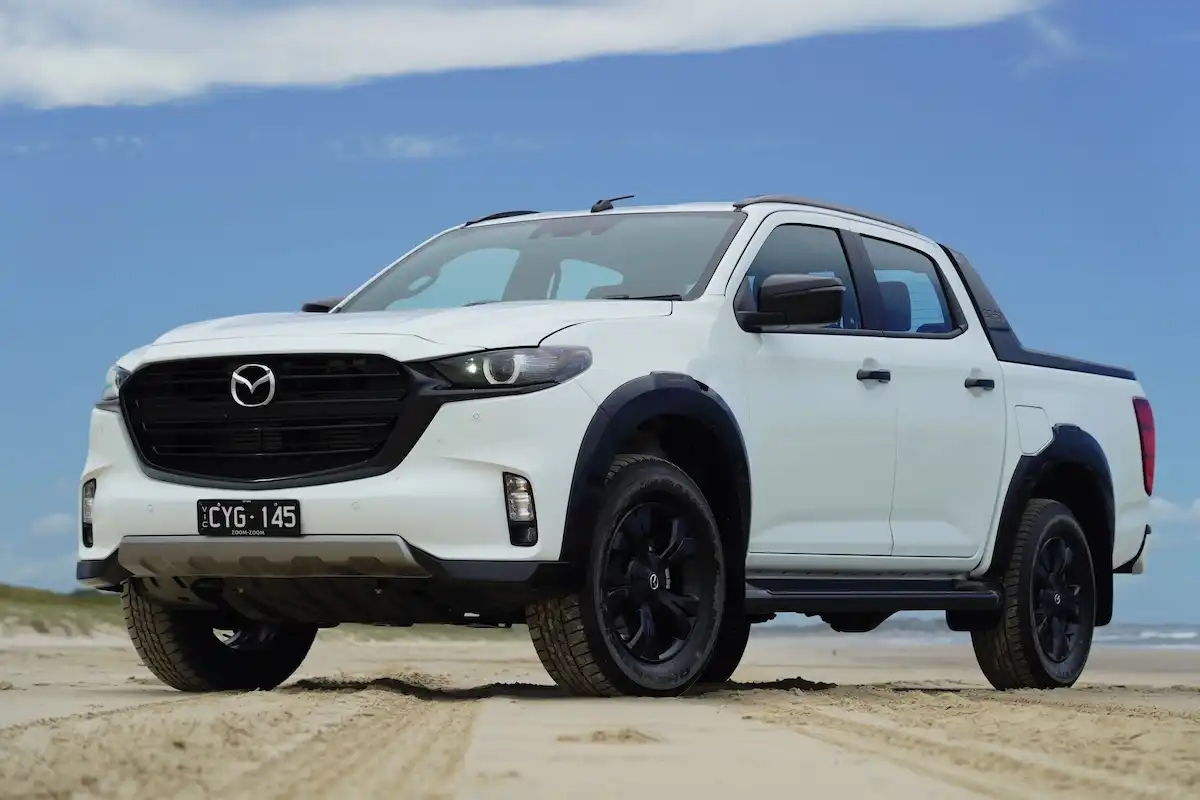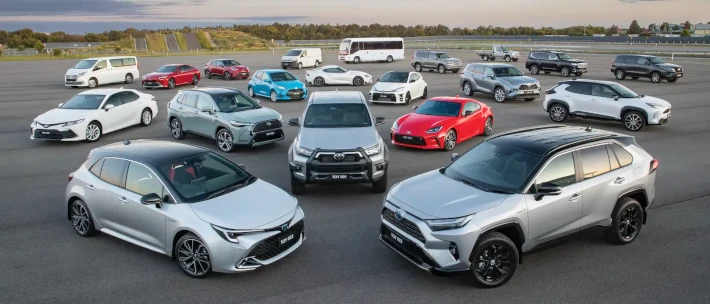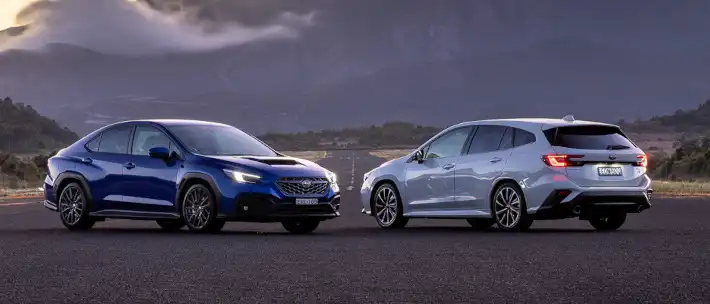The midsize SUV segment is one of the most competitive in the business, so let’s see how Hyundai’s latest Tucson is taking the fight to its rivals.
Starting Price: $30,990
OnlineAuto Savings: $4,490.51
Hyundai Tucson - ACTIVE (2WD) Specifications
| Model Date | 2021 |
| Make | HYUNDAI |
| Model | TUCSON |
| Series | TL4 MY21 |
| Variant | ACTIVE (2WD) |
| Body | 4D WAGON |
| Fuel type | UNLEADED PETROL |
| Transmission | 6 SP MANUAL |
| Drive | FWD |
| Engine | GDi |
| Engine capacity | 1999 |
| Engine configuration | VARIABLE DOUBLE OVERHEAD CAM / 16 valves |
| Engine RPM | 6200 / 4000 |
| Cylinders | 4 |
| Torque | 205 |
| KW | 122 |
| Fuel tank size | 62.0 |
| Fuel usage specs | 7.8 / 0.0 |
| CO2 | 182 |
| ANCAP security rating | 5 |
For more details and other variants, check Hyundai Tucson car page.
Need help narrowing down your choices?
Get in touch with one of our Car Buying Specialists today
Request a quoteHow Much Does It Cost?
The Tucson lineup kicks off at $30,990 for the base two-wheel drive Active model with a manual transmission, and tops out at $51,300 for the all-wheel drive Highlander flagship. All up, there are four Tucson variants on offer, with the Active X and Elite variants filling the gaps at $33,990 and $42,313 respectively. All four Tucson variants can be optioned with your choice of a diesel or petrol engine.
There has been a slight increase to the price, which is up around $1800 over the previous model, but Hyundai has thrown in thousands worth of safety equipment as standard, even on the base model.
How Much Can OnlineAuto Save You?
Using OnlineAuto’s car buying service in Australia, you could save by using one of our car experts to help you find the best new car for you.
What Features Does the Hyundai Tucson Have?
Hyundai is well-known for cramming a lot of value into a modest price point, and the Tucson is no exception. Hyundai has thrown in a huge amount of entertainment, safety and driving technology, so you can hit the ground running with an impressively equipped car for your money. The base Active model comes packed with a five-star ANCAP safety rating, rear park assist, 17-inch alloy wheels, 7-inch multimedia unit with Apple CarPlay & Android Auto support, cruise control, roof rails, and of course, Hyundai’s SmartSense safety system as standard.
Stepping up from the base model into the range-topping Highlander variant adds luxuries like 19-inch alloy wheels, a panoramic sunroof, heated and ventilated seats, wireless charging and a heated steering wheel.
Tucson Range Features:
- Hyundai SmartSense Safety Pack
- Apple CarPlay & Android Auto support
- Leather trim appointments
- Sleek, simple and clean interior design jam-packed with technology
- Five-star ANCAP Safety Rating across all variants
- 488L of boot space; 1478L with the rear-seats folded
- Eight-speaker premium audio (Active Plus)
- Panoramic sunroof & drive mode select (Highlander)
Hyundai Tucson Colours
| Titan Gray | Deep Sea |
| Phantom Black | Shimmering Silver |
| Amazon Gray | White Cream |
Is it Comfortable to Drive?
Hyundai has been testing and re-tuning the suspension in its cars for Australian roads for a number of years now. While some manufacturers are comfortable with the one-size fits all approach, Hyundai believes that Australian roads are unique enough that they warrant a specialised set up.
The result of all this work is that the Tucson is exceptionally comfortable to drive both in the city, and for any weekend trips you can throw at it. With all this attention to detail, the driver is able to sit back, relax and focus on the journey ahead, knowing that Hyundai has set the Tucson up to handle whatever Australian road conditions might throw at it.
Is it Safe?
The Hyundai Tucson is a very safe car, having been ticked-off by ANCAP with the maximum five-star safety rating. Hyundai has now gone one step further than a number of its competitors, offering its SmartSense safety system as standard on all variants. That means that even for the base Active model, you’ll still get:
- Smart Cruise Control
- Surround View Monitor
- Advanced Smart Parking Assist
- Lane Keep Assist
- Driver Attention Warning
- Forward Collision Avoidance Assist
- Blind-Spot Detection
- High Beam Assist
- Rear Cross Traffic Alert
- Driver Attention Alert
Is it Fuel Efficient?
The Tucson lineup is powered by three different engines, each with different fuel consumption. There’s a 2.0-litre GDi petrol for the base model, a smaller but turbocharged 1.6-litre T-GDi petrol and a 2.0-litre CRDi diesel engine.
- The 2.0-litre GDi petrol has an urban cycle rated at 7.9L/100km
- The 1.6-litre T-GDi petrol is rated at 7.7L/100km
- The 2.0-litre CRDi diesel engine is rated at 6.4L/100km
These fuel consumption figures are impressive for a car of this size, but remain lacking compared to some of its competitors like the Mazda CX-5 (6L/100km) and the Toyota RAV-4 (4.7L/100km).
Our Verdict: Is the Hyundai Tucson Worth It?
Considering the fact that Hyundai is now throwing so much safety equipment inside even the base Active model, the Tucson is a difficult proposition to walk past. Something to keep in mind, though, is the somewhat underwhelming warranty on offer. Hyundai packages the Tucson with a five-year, unlimited kilometer warranty - which is definitely welcomed, but lacking in terms of the seven-year warranties on offer from competitors.
All up, though, if you’re looking for a sleek, comfortable midsize SUV packed with entertainment and safety technologies, the Tucson has you covered.
Five Specs You Need to Know
- 0-100km/h time: 8.4 - 10.0 seconds
- Transmission: Option of manual and automatic transmissions
- Drive: FWD standard, AWD optional
- ANCAP Safety Rating: 5-Stars
- Fuel Economy: 6.4L/100km (combined cycle for diesel variant)
Pros
- $2,000-worth of safety equipment as standard
- Well appointed and equipped
- Value for money
Cons
- Base petrol variant is thirstier than competition (7.9L/100km)
- Underwhelming performance
- Bulky pillars restrict rear visibility
Hyundai Tucson Competition
Hyundai Tucson |
VS |
Toyota RAV4 |
| Mazda CX-5 | ||
| Kia Seltos | ||
| Volkswagen Tiguan | ||
| Kia Sportage | ||
| Peugeot 5008 |

